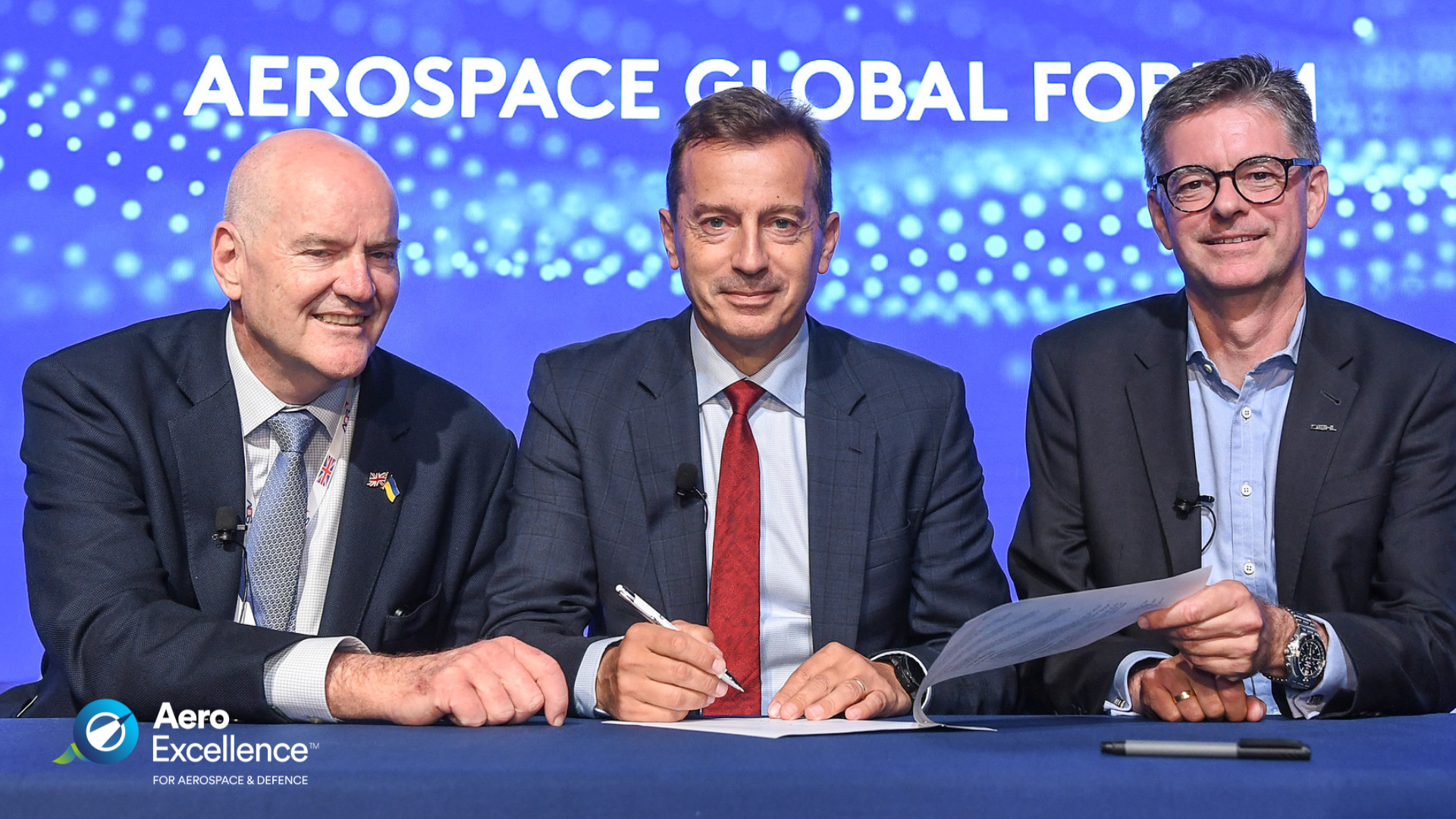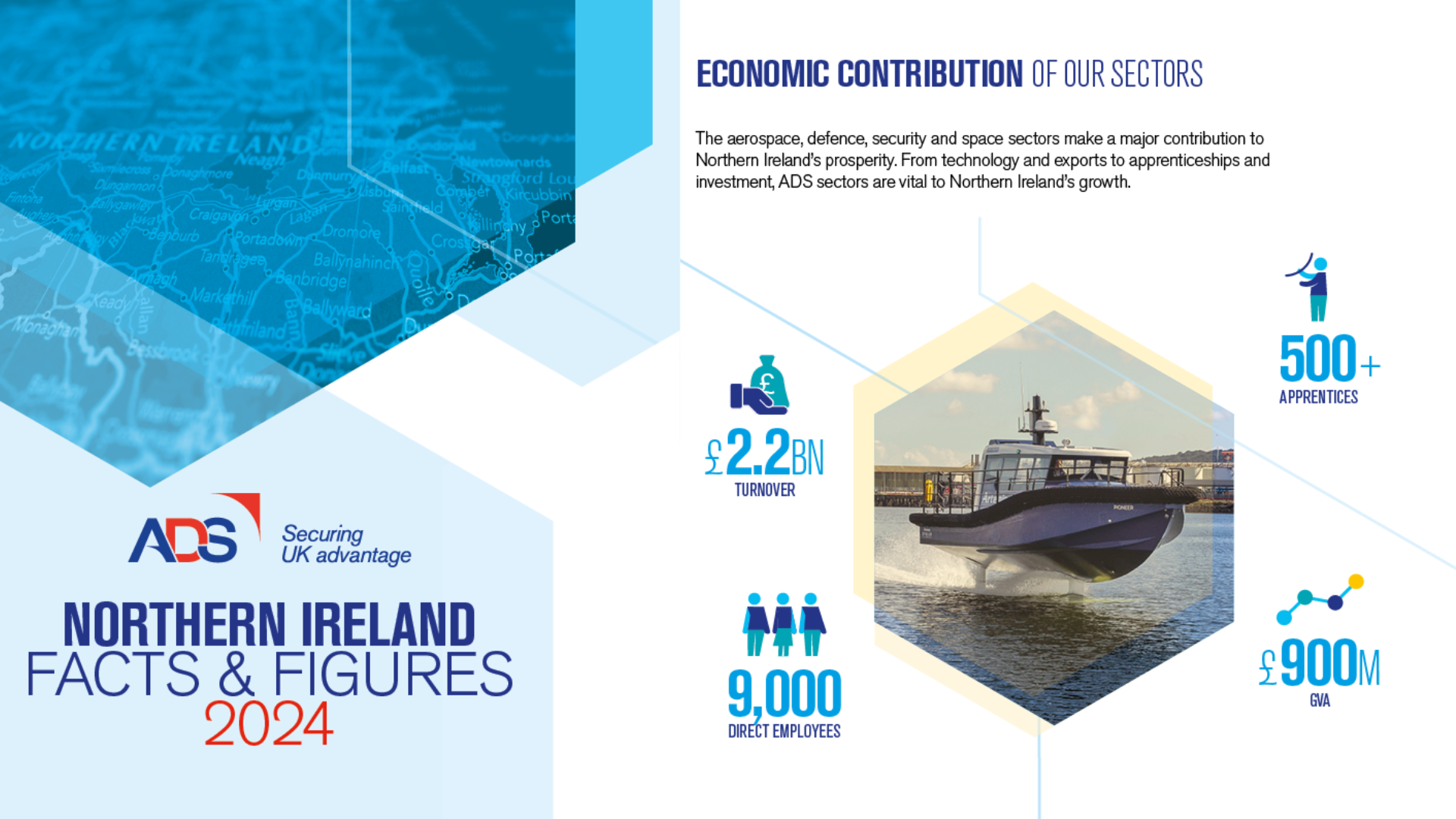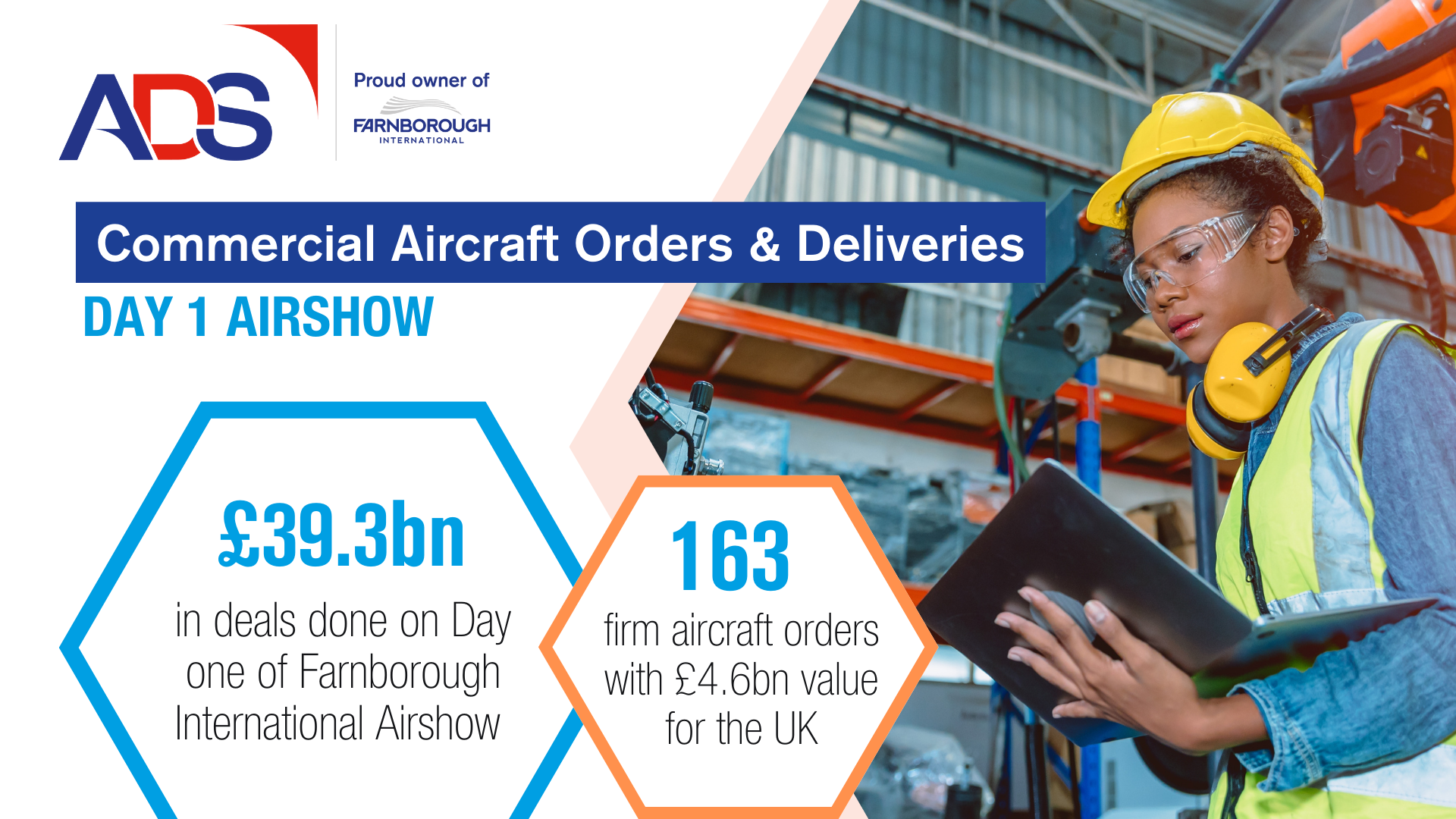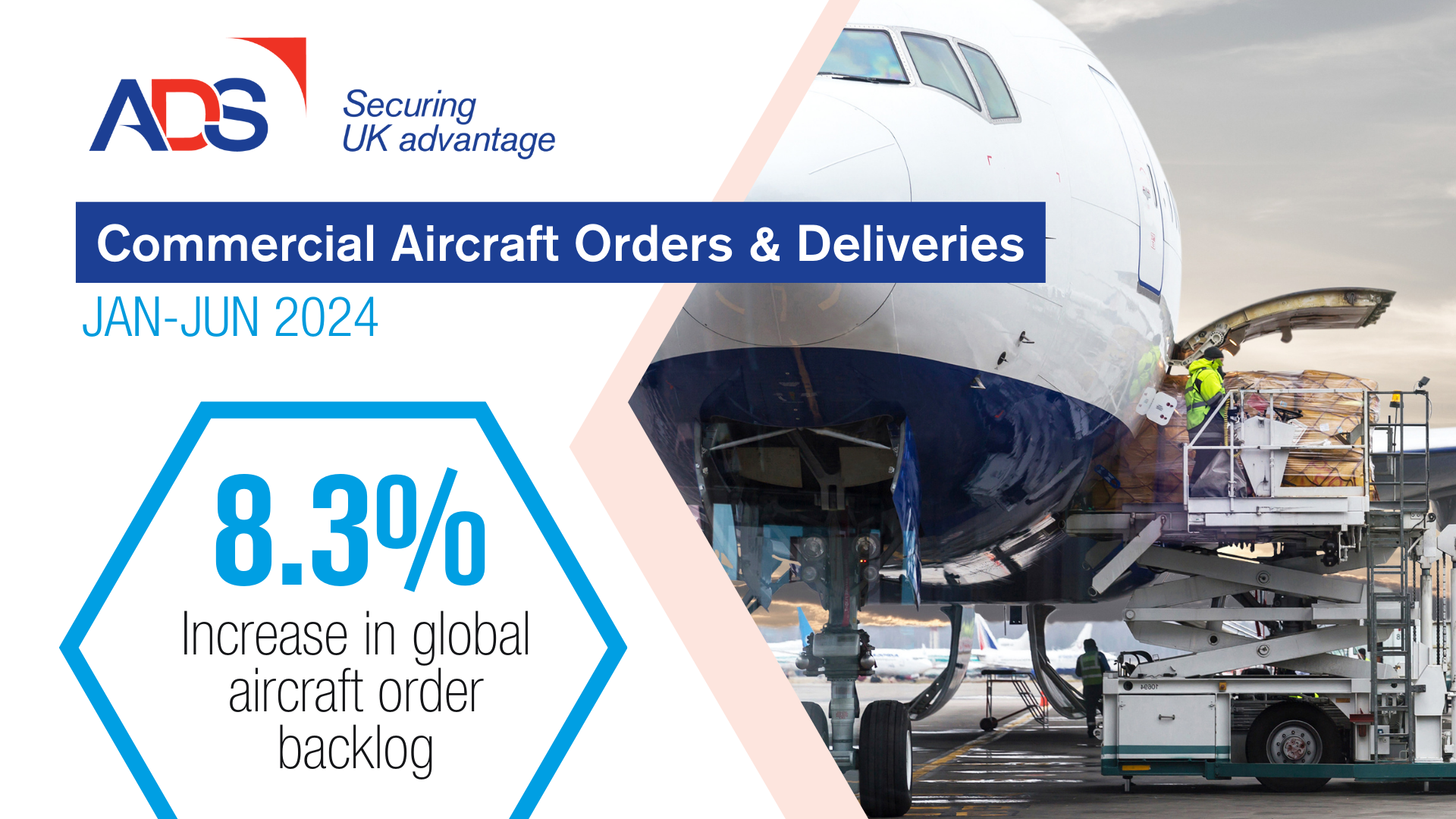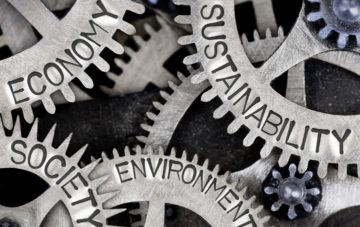
At ADS’ pre-COP26 event held in October 2021, there were many insightful panels focused on sustainability in the aerospace, defence and space sectors from the perspectives of seven global Chief Technology Officers through to young professionals hailed as future leaders of their companies. The future leaders panel was thought-provoking, and inspiring and showcased the drive and determination to create a more sustainable world for future generations.
Following on from this, ADS’ New Professional Forum will be running a series of short interviews with the future leaders taking a deep dive into their thoughts on topics ranging from careers advice, skills and interviews with the panellists to dive into their thoughts on skills and improving sustainability in aerospace and defence.
Our last panellist from the event is Lucie Verver, a project management graduate at Babcock International.
Could you tell us a bit more about your current role and your journey up to this point?
I joined Babcock International as a Project Management Graduate in September 2020 and have been involved in managing a variety of projects and bids in the Marine sector in Bristol. During this time I was seconded for six months to the Group Sustainability Team, where I project managed the assessment of the business’s climate resilience. This involved mobilising over 100 stakeholders to assess the potential impacts across the Group for a range of plausible future climate scenarios. My role was to drive understanding of the relevance of climate change and the low carbon transition for our organisation. The outcome is greater clarity on the priority actions that we need to take, where we need to collaborate to mitigate risk and how to capitalise on the opportunities presented by the transition to a low carbon economy.
I am now taking what I have learnt back to Bristol to form an Environmental Working Group to drive positive action locally.
What brought you to Defence / What inspires you about the sector?
The development opportunities offered by Babcock’s graduate scheme brought me to the sector. My primary ambition was to work in sustainability, and I have found opportunities to pursue this goal in unexpected places.
Defence accounts for circa 50% of UK central government emissions, so it is clear the industry has an important part to play to make net zero carbon a reality. I am motivated by this challenge and have been influenced by Lieutenant General Richard Nugee’s big picture thinking regarding the geopolitical consequences of a changing climate. If the purpose of the defence industry is to safeguard national security, promote stability overseas and respond effectively to crises, then we must recognise the role we must play to reduce our environmental impact and support emergency services and humanitarian aid in the context of climate change.
How do you think young professionals just entering the workforce can contribute to improved sustainability now and in the future?
One thing that young professionals bring to the equation is clarity of vision. We understand the urgency of the situation and as the generation who will deal with adaptation and mitigation, we have a real stake in the climate agenda. Young people also bring up-to-date knowledge and skills into businesses, along with fresh perspectives.
I have been fortunate at Babcock to have the opportunity to challenge how things are done and to be heard on these issues. If you are a young person entering the workforce, I urge you to learn as much as you can, to speak up and challenge leadership where you observe things that could be done better. If you are a leader, I urge you to make space for the young people in your organisation, to bring them into the board room and enable them through skill development and exposure to drive change.
What do you think needs to be done to attract and retain young people within Defence?
In my opinion we need to:
- Think about challenges we face and recruit to solve these, being clear about the skills that are needed to meet these challenges.
- Evidence the action we are taking, achievements and future targets.
- Communicate the skills development we can offer those joining the business and our existing workforce.
What tips would you give to those who have just started their career and are looking to develop the skills needed in the future?
- Put yourself out there. Develop a network by starting conversations and reaching out to others with similar interests or skills that you would like to develop.
- Stay curious and be honest about what you don’t know. Take up and share opportunities to learn more, from conferences and training courses to opportunities to work in a different part of the business.
- Don’t be afraid to make mistakes or stand out. It takes courage to speak up but remaining silent may mean missing out on opportunities or failing to influence where you might have had a positive impact.
Thanks to Lucie for her thoughts and perspective, the passion and ambition is clear, which we always want to celebrate.
Whilst this is the last in our COP26 future leaders series, next month its National Apprenticeship Week and we look forward to sharing more content on the future leaders of the aerospace, defence, security and space sectors from an apprenticeship perspective, make sure you’re following ADS on Twitter and LinkedIn.
The New Professionals Forum
The New Professionals Forum is an early-careers networking community for ADS member companies. Contact Chiedza.Lunga@adsgroup.org.uk to find out more.

